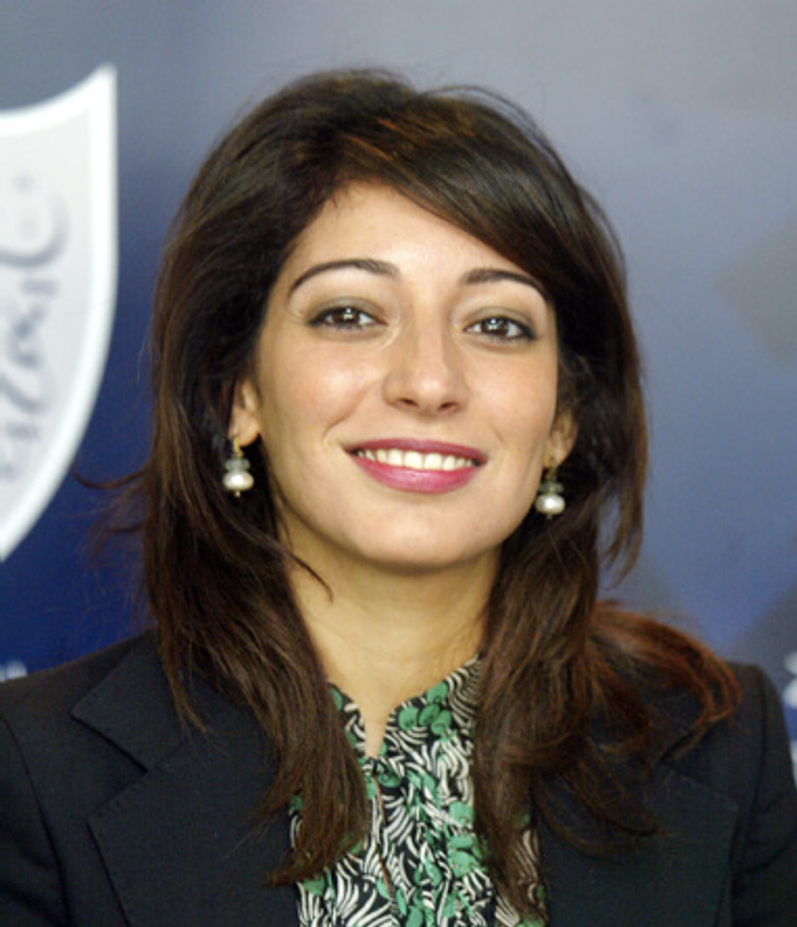Existing research points out that global processes have improved the labor force participation of women in the GCC. They have also improved levels of education and access to leadership positions. The globalization of the economies of the Gulf has also increased access to markets and motivated many women to start their own businesses and expand their entrepreneurial activities. Moreover, women’s empowerment and leadership have become the cornerstones for many national and regional development initiatives. However, despite the large gains in women’s status experienced by some countries in the region, many contradictory trends relating to the position of women still remain. For example, there are numerous institutional and socio-cultural barriers which continue to thwart the integration and utilization of women in their country’s social and economic development. Indeed, globalizing flows may actually strengthen some of these barriers and require new ways of addressing challenges to gender equality in a globalized context. This workshop aims at problematizing the position of women in the GCC by situating their experience within the framework and rhetoric of globalization in order to arrive at a comprehensive understanding of the diverse institutional and cultural mechanisms that influence gender dynamics in the region. The overarching questions posed by the workshop are: How do the ways the GCC responds to the demands of globalization impact the position of women in these societies? At the same time, how do the women themselves utilize the institutions and rhetoric of globalization to improve their own position in society? And, more generally, what are the dynamics of the interaction between women, globalization, states and societies in the Gulf region and what are the outcomes of these diverse forms of interaction?
3 DAYS / 12 Workshops
MORE THAN 300 ACADEMIC PAPERS
Globalization, understood as the product of economic, financial, cultural and political
interconnectedness, is replete with contradictions. On the one hand, globalization is
understood as increasing interconnectedness between peoples and cultures and is associated
with the spread of democratic values, individual freedoms, material wealth and global
identities. On the other hand, globalization is understood as increasing economic inequality,
and ethnic and social conflicts. Yet, our complete understanding of women’s movements and
participation in their economies and societies cannot take place without taking global
processes into consideration. The understanding of gender in particular localities (cities,
nation-states, communities) needs to take global forces into account. Tohidi (2002) explains
this relationship in the case of women in Afghanistan, whereby women’s status and rights
cannot be understood without analyzing the interaction between local histories, geographies,
political economies, cultures and Afghani women’s agency, and the global factors that
include foreign interventions, regional powers and the subsequent interventions of
international human rights groups and feminist organizations.
The Gulf countries have developed mixed attitudes about globalization. For many, the
material benefits that result from their advantageous economic integration into the world
market outweigh the threats posed by cultural and political transformations. According to
Abdulla (2006), political and cultural processes of globalization are perceived by GCC
governments as an undesirable intrusion and a threat to deeply held social values. Yet in none
of the Gulf States has there been a flat rejection of globalization in all its manifestations.
Such an endeavor may prove to be practically impossible with an increasing percentage of
their populations having been educated in English speaking schools and having been
socialized since their early childhood into the ideologies of global consumerism and culture.
Indeed, as a result, the next generation of rulers and leaders will be even more drawn into the
cultural reality of globalism. However, when it comes to the status of women, GCC states
have been unwilling to accept global discourses on rights and freedoms as reflected in
women’s lack of legal rights and protection from discrimination, political rights, as well as
women’s personal status and autonomy in almost all GCC countries. While governments in
the GCC may choose to adopt a partial embracing of globalization, it is hard to assume that
their efforts are likely to be embraced by all members of society given the elusive character
of global influences. As a result, it is important to investigate the relationship between global
processes and the position of women in the Gulf region and understand the various forces that
are at play in shaping the existing cultural and institutional dynamics.
This workshop aims at situating the experience of women in the GCC within the framework
and rhetoric of globalization. How do the ways the GCC responds to the demands of
globalization impact the position of women in these societies? At the same time, how do the
women themselves utilize the institutions and rhetoric of globalization to improve their own
position in society? And, more generally, what are the dynamics of the interaction between
women, globalization, states and societies in the Gulf region and what are the outcomes of
these diverse forms of interaction? Such investigations would expand our knowledge of the
process of integration of the GCC within global society and enhance our understanding of the
social and cultural transformations in the region.
Existing research points out that global processes have improved the labor force participation
of women in the GCC. They have also improved levels of education and access to leadership
positions. The globalization of the economies of the Gulf has also increased access to markets
and motivated many women to start their own business and expand their entrepreneurial
activities. The expansion of women’s private business has allowed many women to form
national and regional business associations to expand their access to business networks and
markets and promote and advocate for furthering their business interests. However, it may be
too soon to assume that the general impact of globalization on women’s lives is only positive
as other global dynamics such as competitive market forces, political clientelism, and social
polarization bring about negative consequences to societies in general and women’s lives in
particular.
In some respect, the polarizing effect of globalization on women is taken to create
contradictions and conflicts of interest among women of different social classes. El Baz
(2003) argues that accompanied by justifying ideologies, these divisive social and political
mechanisms would prevent the emergence of a dynamic national women's movement with a
comprehensive national agenda for gender equality. This is partially evident in the GCC as,
despite the numerous initiatives to promote women’s leadership, entrepreneurship activities,
education and public participation, the region has yet to witness organized social movements
that advocate for gender equality and more general social changes. In almost all countries of
the region, legal barriers imposed on the formation of civil society organizations drastically
limit the potential for organized activities that would promote large-scale social
transformations.
The Arab Human Development Report 2005 argued that the full empowerment of Arab
women is a crucial facet for the future development of the region and its participation in
global society (UNDP 2005). The empowerment of women is defined as granting women
equal access to participate in politics, society and the economy. Despite the popularity of
women’s empowerment in development discourse and regional initiatives, and the large gains
in women’s status experienced by some countries in the region, institutional and sociocultural barriers continue to thwart women’s full integration and utilization in their country’s
social and economic development. As a result, future research on women in the region needs
to move beyond descriptive analyses of the status of women and encourage a more critical
analysis of institutional and cultural mechanisms that complicate our understanding of gender
dynamics in the GCC region. The understanding of the contradictory trends shaping the
position of women in the GCC cannot be complete without accounting for the impact of
global economic, political and cultural processes and the way they shape the economies and
societies of the Gulf region.

